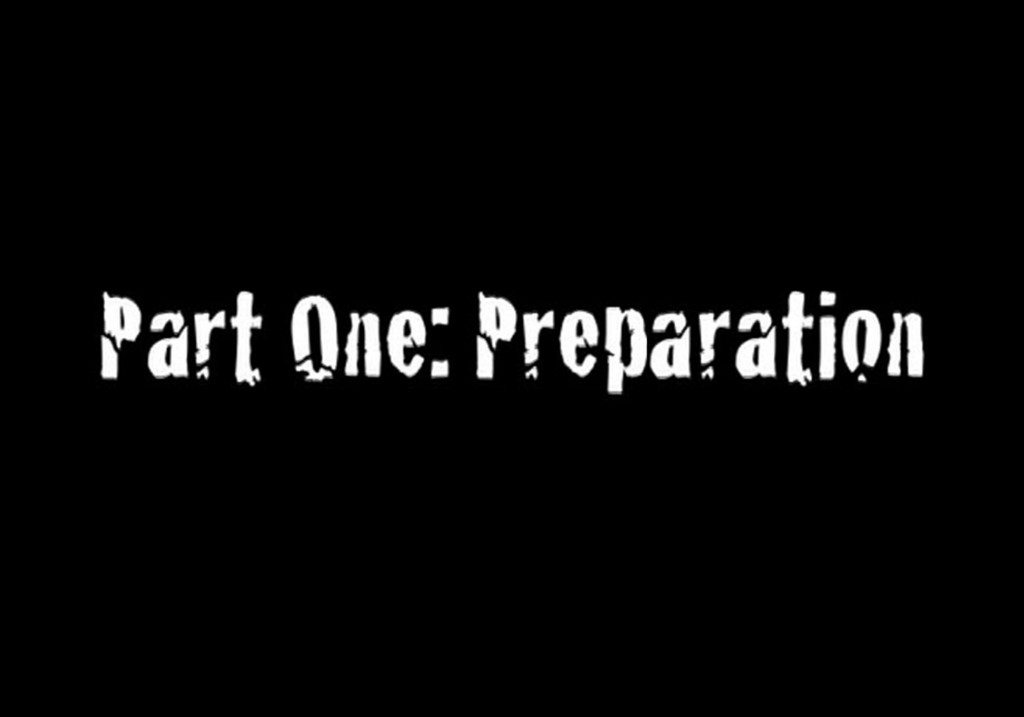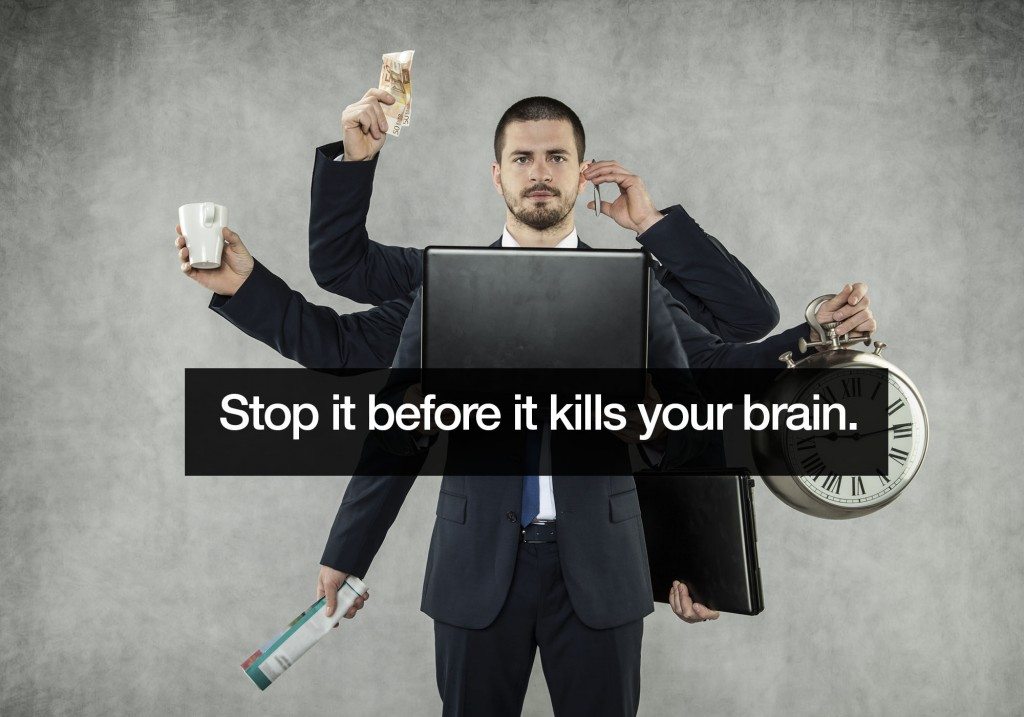Your early morning routine starts with you almost crashing your mobile phone to the floor because you can’t hit the snooze button anymore. You wake up, bleary-eyed and your eyes literally pop out seeing the number of unread emails you already have. You rush through the shower and breakfast and curse through traffic. Finally, you’re at work, there is so much to do, you are not sure where to start! Before you know it, your day is over, but you still haven’t got anything done, so that means one more weekend of working.
But does it really have to be like that? No, it doesn’t.
Here are four simple steps to get things done, without losing your mind:
- Pick 3 goals for the day: Sure, you have a million things to do, but what if someone held a gun to your head and asked you which are the most important 3 tasks? Write these tasks down and you will already start feeling better.
In his book The ONE Thing, Gary Keller applies the “Pareto principle” to the workday: Most of us get 80% of results from 20% of the work we do. So focus on that 20%.
- Find your ‘magic hours’: There are hours in the day when you are most productive. Schedule these three super important tasks for the ‘magic hours’ of the day.
Dan Ariely, author of Predictably Irrational: The Hidden Forces That Shape Our Decisions, says we have about 2 – 2.5 hours of peak energy time during the day. The magic hours for most people is between two to four hours after you have woken up in the morning.
- Mark the beginning of your task with a ritual: The biggest problem with getting work done is starting. So author Charles Duhigg in his book, The Power of Habit: Why We Do What We Do in Life and Business, advocates developing a habit before you start a task, to mark the beginning of the task.
So you have something important to get to. As part of doing the task, practice a ritual such as drinking coffee or meditating, just before you start the task. Once you do this ritual, the starting problem or the procrastination you feel reduces.
- When all else fails, use ‘positive procrastination’: Positive procrastination is when you get a lot of important things done while avoiding the one, extremely important thing you don’t feel like doing. So instead of whiling away time doing nothing, get everything else you need to do out of the way and create time to do this one awful thing you’ve been dreading.
Dr. John Perry, the author of The Art of Procrastination, advocates, putting impossible tasks at the top of the list, followed by more important, possible tasks. The thought of doing the impossible task will make you finish the less scary, but more important tasks first.
So, there you have it! 4 ways on how to get things done. Do you have any tips that we have left out? Do add in the comments.




